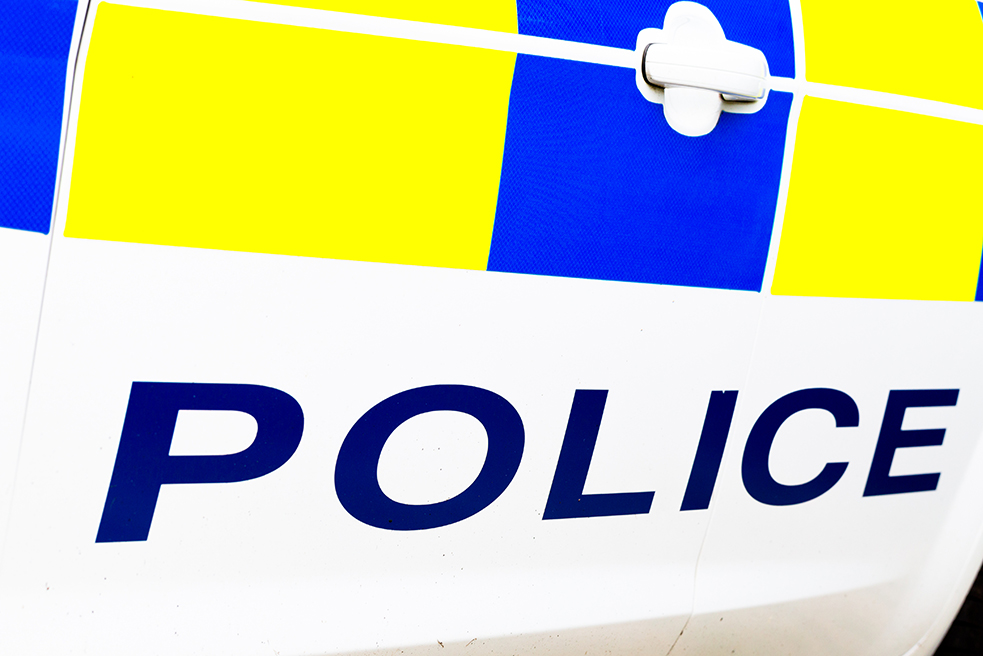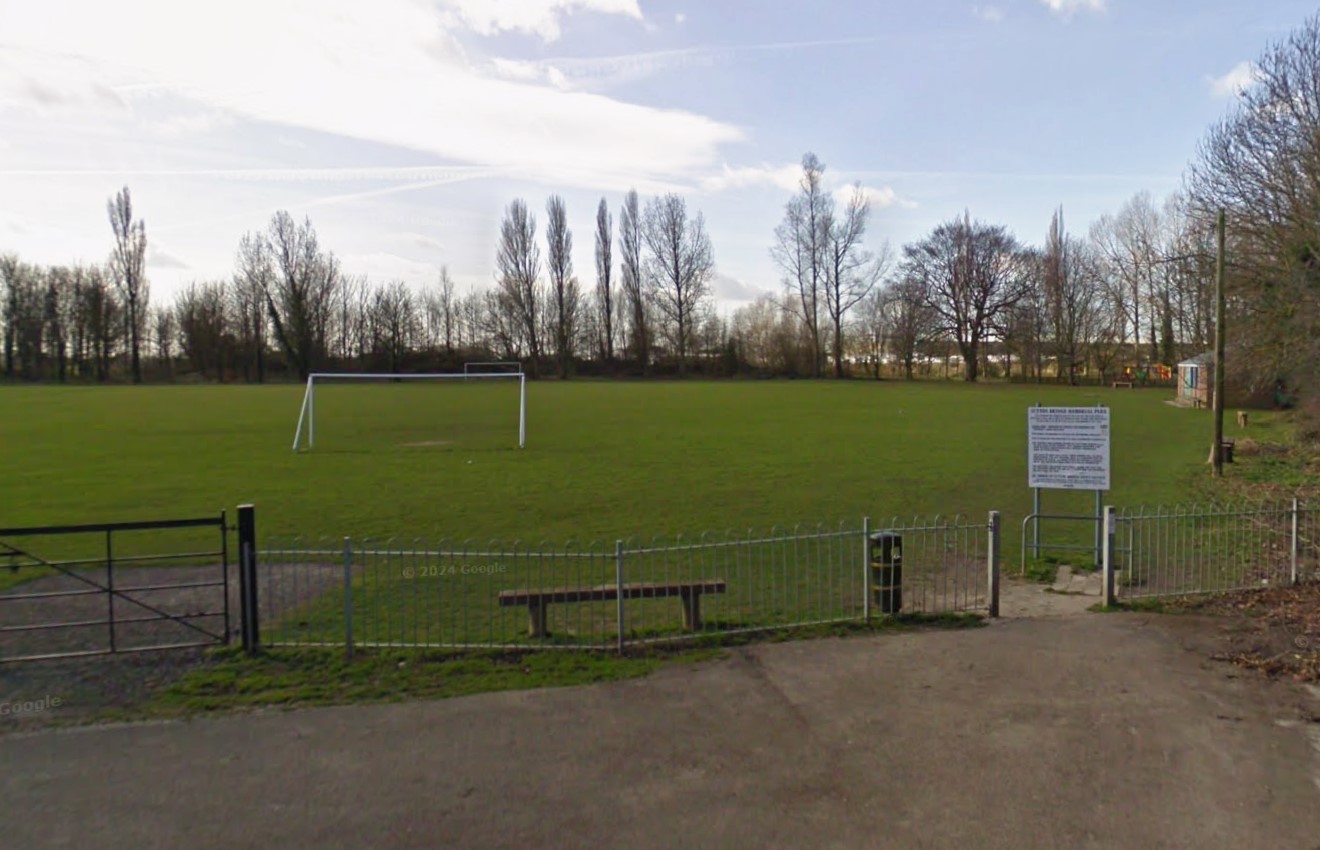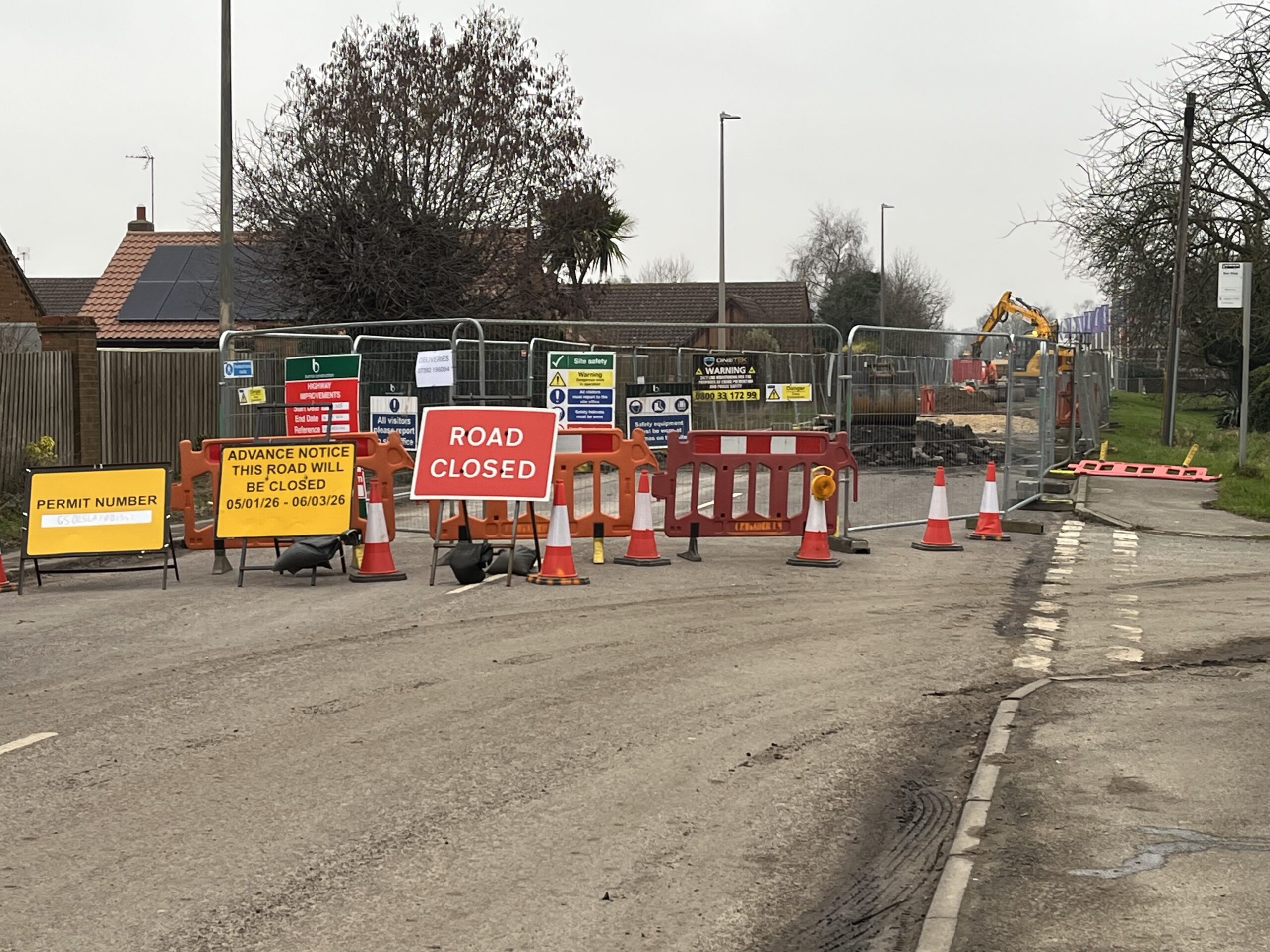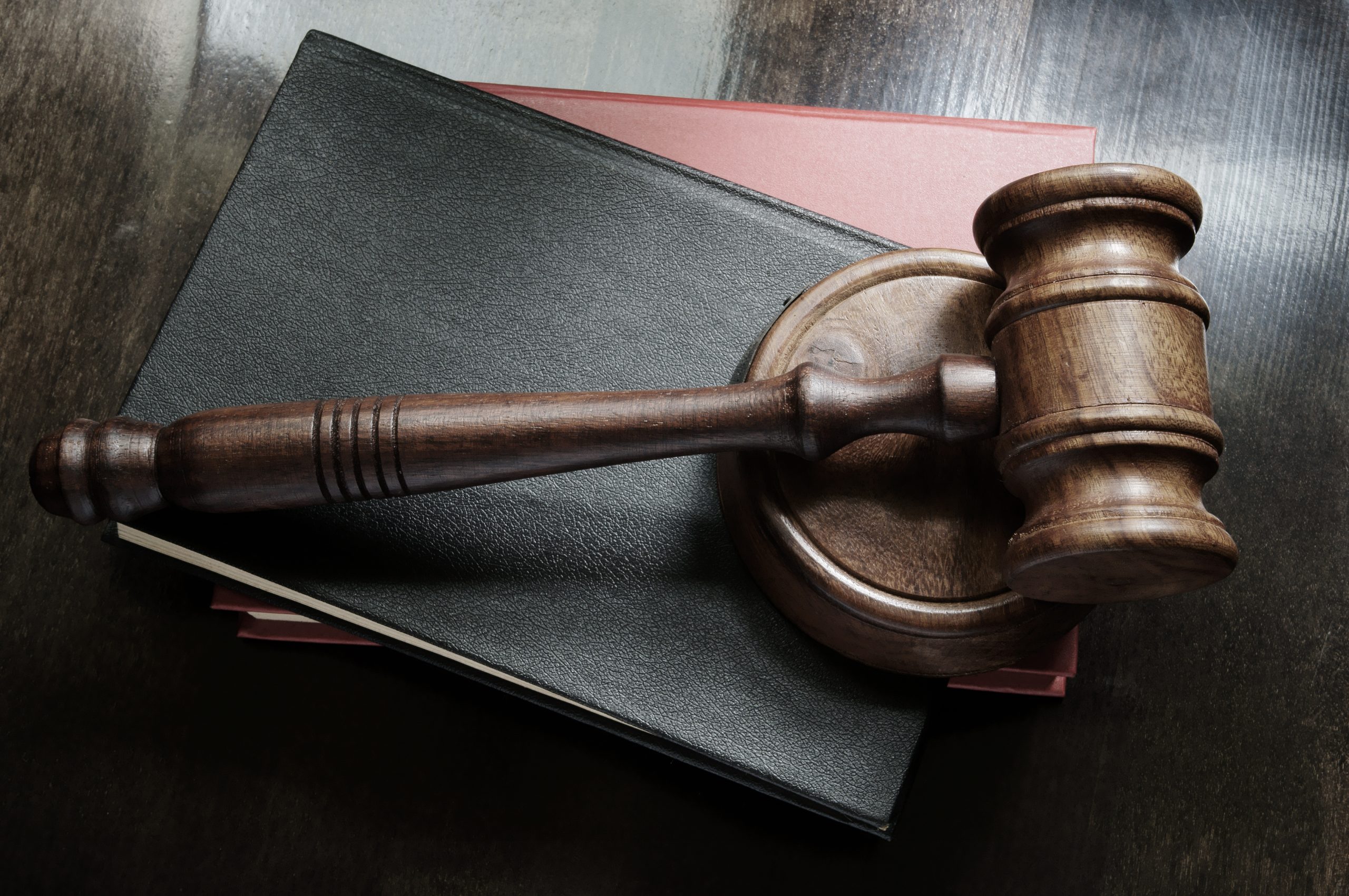More than 85 per cent of primary aged children in Lincolnshire and over 75 per cent of secondary children attend a good or outstanding school.
The figures have been revealed in the annual report by Ofsted, which has carried out almost 6,500 inspections at more than 21,000 schools across England and Wales in 2013/14.
Nationally, 82 per cent of primary schools are deemed good or outstanding, while just 71 per cent of secondary schools make the grade.
At 86 per cent, Lincolnshire has the highest number of good or outstanding primary schools in the East Midlands.
Debbie Barnes, director of children’s services for Lincolnshire County Council, said: “We are pleased that the report has confirmed Lincolnshire offers the best primary school education for young people in the East Midlands.
“It is also reassuring that secondary schools continue to maintain a high standard of learning and remain six per cent above the national average.
“I would like to thank headteachers and school staff for their dedication and it is important we work hard to build on this.”
But despite the good record in Lincolnshire, the chief inspector of education, children’s services and skills has warned that while primary schools are getting better, improvement in secondary schools has stalled.
And the report warns that not enough schools have good leadership, with 23 per cent of secondary schools and 16 per cent of primary schools nationally having weak leadership.
The report also highlights the shortage of good teachers where they are needed most and that secondary schools are not stretching the most able pupils.
It says the best primary schools focus on high-quality teaching and concentrate on getting the basics right, such as literacy.
In contrast, less successful secondary schools are struggling to identify the needs of their pupils accurately enough to teach the curriculum in a way that meets those needs.
The achievement gap between poor pupils and their peers is also not closing quickly enough in secondary schools, while the impact of low-level disruptive behaviour from pupils is also continuing to rise, according to teachers in some secondary schools.
And it is feared that underperforming schools will not improve without effective challenge, support and intervention.






